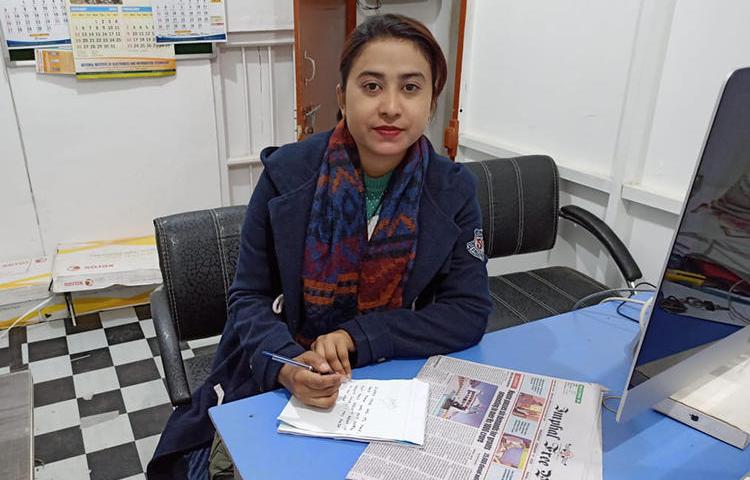
Manipur’s ex-journalist chief minister pursues Imphal Free Press for defamation
On the morning of February 1, instead of working on her usual assignments for the Imphal Free Press, journalist Babie Shirin drove with the newspaper’s publisher Mayengbam Satyajit Singh to a court on the other side of town. On arrival, they were arrested, then granted bail on a bond of 30,000 rupees (US$420) each. Their…
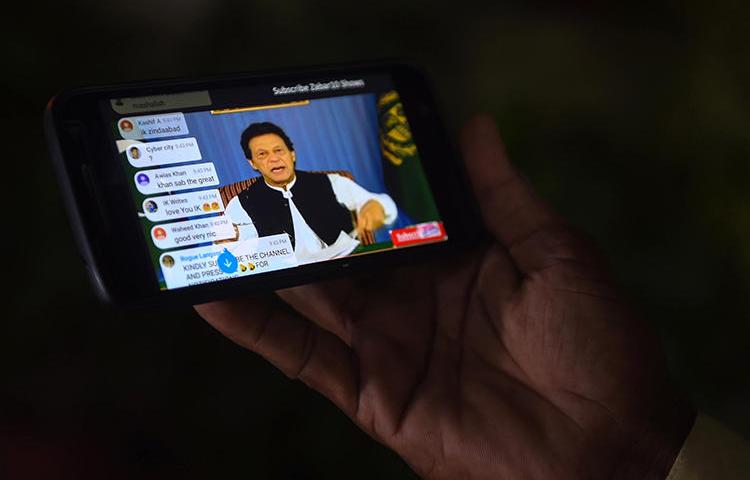
Pakistan broadcast regulator proposes sweeping control of internet news programs
Munizae Jahangir knew she’d be prevented from putting Mohsin Dawar on her nightly “Spotlight” talk show on Aaj TV, an Urdu-language Pakistani station. Dawar, an elected member of the national assembly, is a leading figure of the Pashtun Tahafuz Movement (PTM), which aims to boost the rights of the Pashtun people clustered in Pakistan’s western…
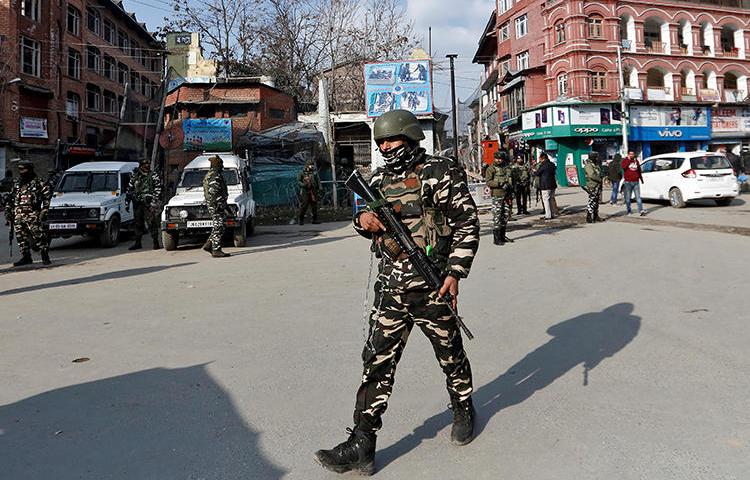
Lawyer Mishi Choudhury on what India shutdowns ruling means for journalists
On January 14, the Jammu and Kashmir administration partially restored mobile internet in a handful of districts, according to news reports. The administration, which is directly controlled by the Indian government, had imposed a complete communication ban in the restive region after withdrawing its special status under the Indian constitution in August 2019, as CPJ…
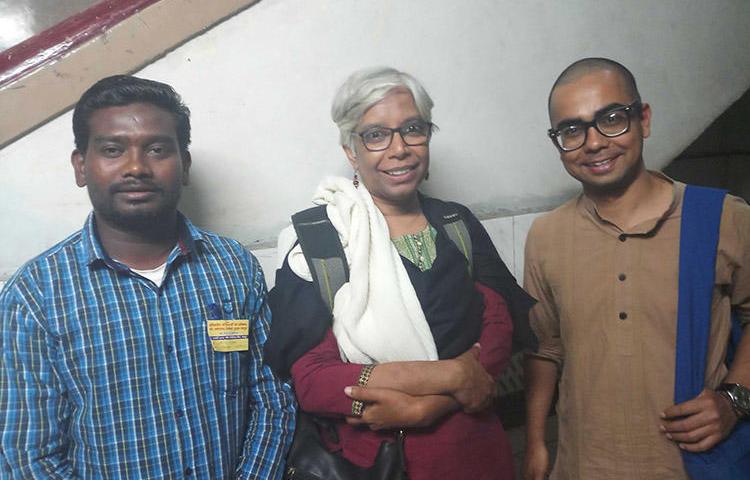
‘I feel like a weight has been lifted’ freelance journalist Santosh Yadav says as Chhattisgarh court ends four-year legal nightmare
On January 2, freelance journalist Santosh Yadav got his life back when the National Investigation Agency court in Jagdalpur acquitted him of charges of helping Maoists militants. The ruling marked the end of a legal nightmare that lasted over four years for Yadav, who says that he was threatened and beaten in custody, before being…
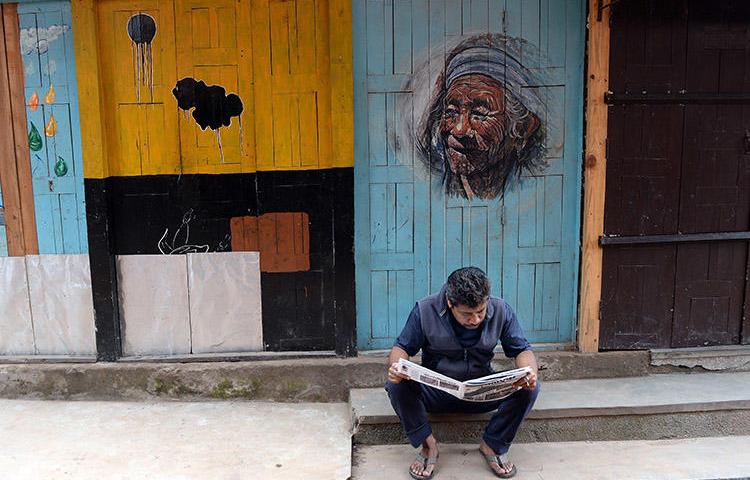
Nepal’s hard-fought press freedom at risk amid restrictive bills, government pressure
Last year, when Raju Basnet was covering landgrabs in the Nepali city of Lalitpur, he knew he was playing with fire. His reports in the weekly Khojtalas alleged that powerful people, including government officials, were involved in the scheme and Basnet had already received multiple warnings to back off the story. Despite this, Basnet told…
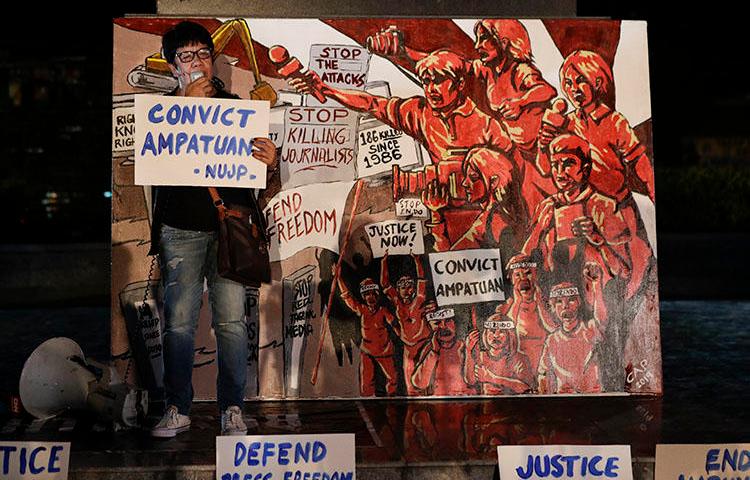
Ten years for justice in Maguindanao case is too long: We can do better
Never Forget. This became the rallying cry among journalists, freedom of expression activists and human rights defenders as they demanded justice following the massacre on November 23, 2009 of 58 people in Maguindanao. The attack, in which 32 journalists and media workers were killed, was the single deadliest event for the press that CPJ has…
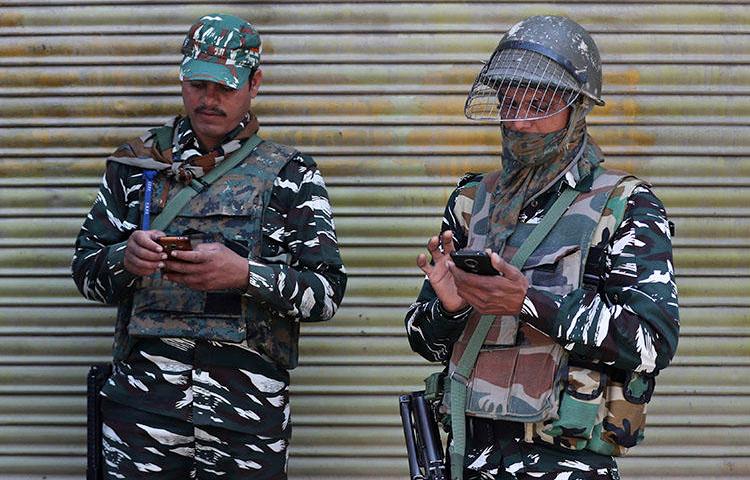
India uses opaque legal process to suppress Kashmiri journalism, commentary on Twitter
On August 10, 2018, the Indian government informed Twitter that an account belonging to Kashmir Narrator, a magazine based in Jammu and Kashmir, was breaking Indian law. The magazine had recently published a cover story on a Kashmiri militant who fought against Indian rule. By the end of the month, Indian police had arrested the…
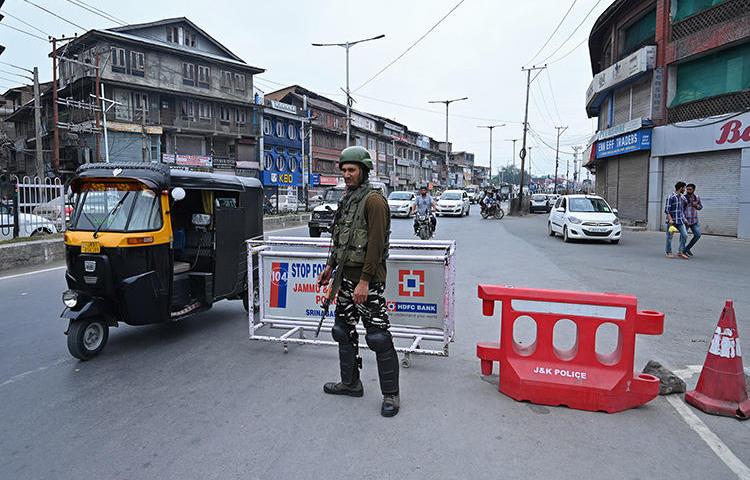
Kashmir’s news media faces existential crisis amid restrictions, arrests
On August 5, the government of Indian Prime Minister Narendra Modi imposed a strict communication blackout in Jammu and Kashmir after stripping the state of its limited autonomous status under the Indian constitution. A month later as the restrictions continued, CPJ India Correspondent Kunal Majumder traveled to Srinagar, Kashmir’s largest city, to speak to local…

